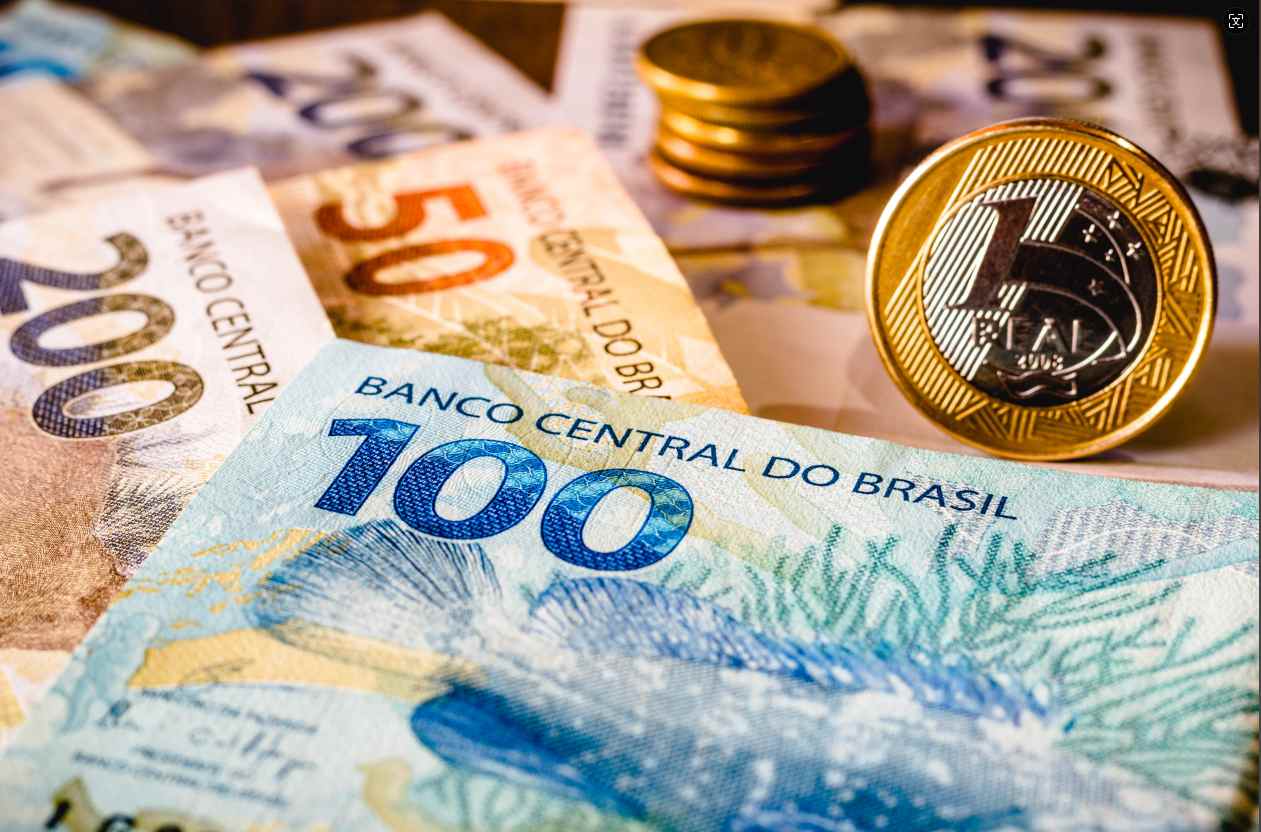Governo local da Coreia do Sul ameaça liquidação da criptografia mantida em bolsa por inadimplentes

Autoridades sul-coreanas apreenderam ativos digitais no valor de 124 milhões de won (cerca de US$ 90 mil) de cerca de 17 indivíduos. As autoridades fiscais da jurisdição notificaram os supostos inadimplentes sobre seus impostos pendentes e alertaram que eles poderiam vender seus ativos digitais se não pagassem seus impostos até o final de novembro.
Um governo local na cidade de Paju, na província de Gyeonggi, na Coreia do Sul, alertou 17 indivíduos que venderá os seus ativos digitais se não pagarem os seus impostos antes do final de novembro.
Governo local sul-coreano apreende ativos digitais de 17 indivíduos
Pela primeira vez, um governo local na Coreia do Sul alertou que pode vender diretamente criptomoedas detidas por inadimplentes em bolsas.
As autoridades emitiram avisos a 17 pessoas e apreenderam suas criptomoedas por meio de CEXs e alertaram que se os impostos não forem pagos…
— LondresCryptoClub (@LDNCryptoClub) 20 de novembro de 2024
According to a local news outlet, Yonhap News, the 17 tax defaulters owe the government a total of 124 million won, or approximately $90,000. The authorities stated that the assets seized are worth 50 million won, or $35,000 at current rates.
The tax officials seized the virtual assets through centralized crypto exchanges, becoming the first government in the jurisdiction to seize virtual assets from tax evaders. The government officials gave a stern warning to taxpayers that they can’t hide their assets and that officials will track down their crypto assets and enforce appropriate penalties.
The recent asset seizure is not the first in South Korea. In July, Paju officials seized 100 million won (approximately $72,000) in digital assets that officials believed were linked to unpaid taxes. According to a separate report by Yonhap News, the officials said the culprits intended to hide the funds through digital assets despite being able to pay.
The officials said that 64 people who were found to have more than 1 million won in tax arrears had 280 million won worth of digital assets in centralized exchanges. The officials revealed that the cumulative tax arrears for all those individuals was about 650 million won.
South Korea and Fireblocks offer tokenized tax refunds through NongHyup Bank
South Korea announced a strategic partnership with digital asset platform Fireblocks to tokenize VAT refunds through NongHyup Bank to refund goods and services tax (GST) and value-added tax (VAT) on purchases at retail outlets.
Fireblocks CEO Michael Shaulov mentioned that with tokenization, unique digital identifiers can be assigned to assets, allowing real-time tracking from issuance to settlement, thereby eliminating the risks of manual error or fraud.
Similar instances have occurred in other parts of the world where authorities have turned a keen eye on cryptocurrencies as a medium of tax evasion. The Kenya Revenue Authority (KRA) began procuring a digital tax system that will capture crypto transactions that have not been considered for revenue collection in the past.
The regulator mentioned that the lack of an effective system of collecting crypto taxes has resulted in revenue loss for the Kenyan government.
In October, the South African Revenue Service (SARS) also mandated crypto investors and traders to declare digital asset transactions when filing their tax returns. The taxman also notified South African crypto enthusiasts that the tax systems would be updated to accommodate the tracking of crypto transactions.
Land a High-Paying Web3 Job in 90 Days: The Ultimate Roadmap







